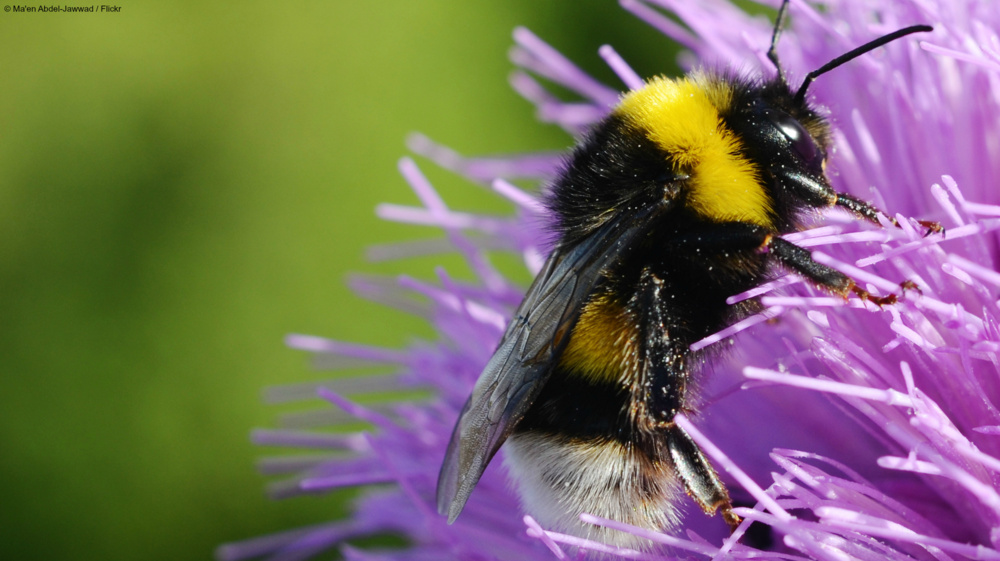
The EU bans fourth bee-harming pesticide
The European Union has agreed to place a ban on a fourth insecticide, fipronil, after the European Food Safety Authority (EFSA) announced that it poses a “high acute risk to honeybees”. The European Commission (EC) Proposal to ban the insecticide was overwhelmingly backed by member states but, once again, the UK failed to vote in favour of a ban.
The European Commission vote took place on Tuesday 16th July with only the UK, the Czech Republic and Slovakia abstaining and only Spain and Romania (where fipronil is used commercially) voting against the ban. The ban will come into effect from 31 December 2013 and will be a partial restriction on the use of fipronil for treatment of maize and sunflower seeds.
“Today’s agreement with member states ... marks another significant step in realising the Commission’s overall strategy to tackling Europe’s bee decline”. Toni Borg, EU's Health and Consumer Commissioner
The restriction on fipronil follows an earlier EU-wide ban on three neonicotinoid insecticides – clothianidin, imidalcloprid and thiametoxam – which were also deemed to be harmful by the EFSA. As part of the ‘Save the Bees’ campaign, EJF organised the ‘March of the Beekeepers’ to demonstrate along with 12 other major NGOs including Pesticide Action Network UK (PAN UK), beekeepers, campaigners and concerned members of the public, in favour of a ban on neonicotinoid pesticides.
The restriction on neonicotinoids will likewise take effect from December 2013.
Whilst EJF welcomes the European Commission’s efforts to take action to address the decline of the honeybee in Europe, it is disappointing that the UK has yet to take a firm and resolute stance in protecting bees, which are vital for our environmental and food security.
SIGN UP FOR OUR EMAILS AND STAY UP TO DATE WITH EJF